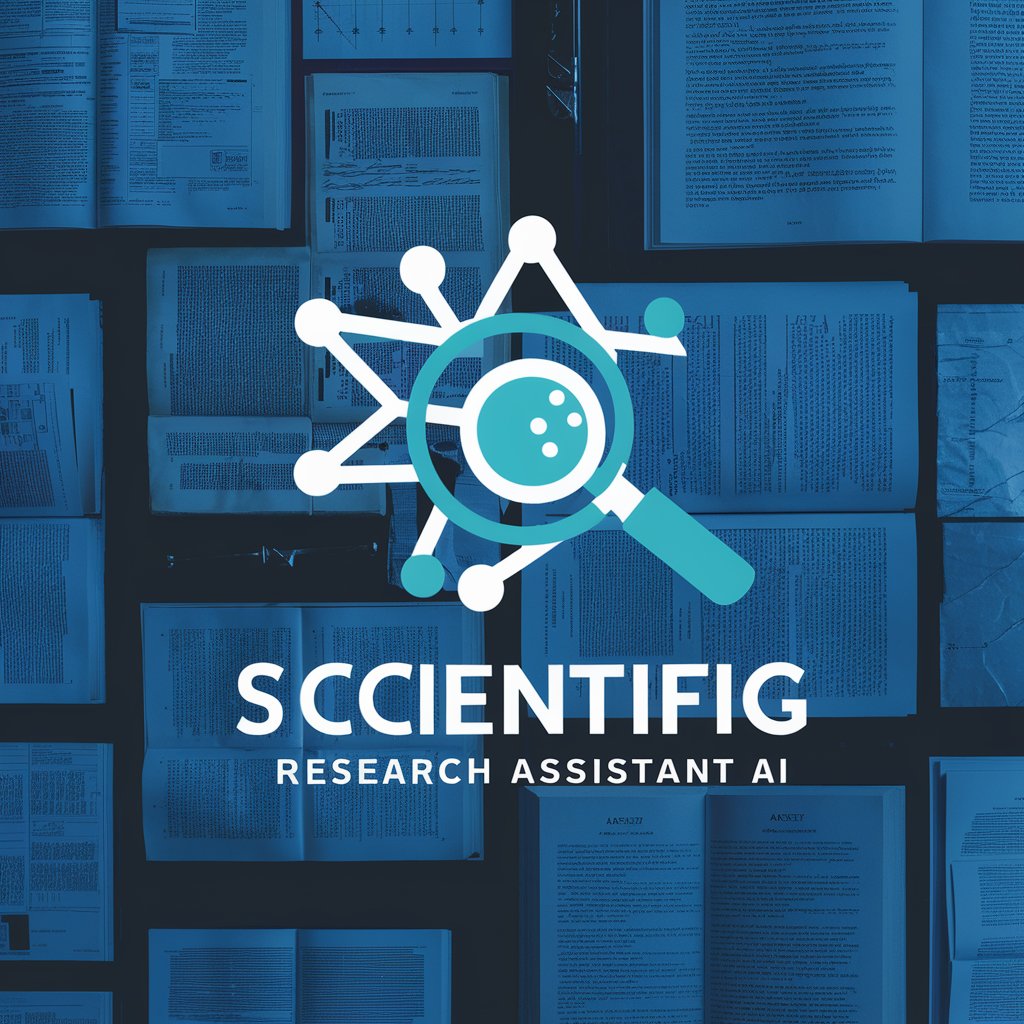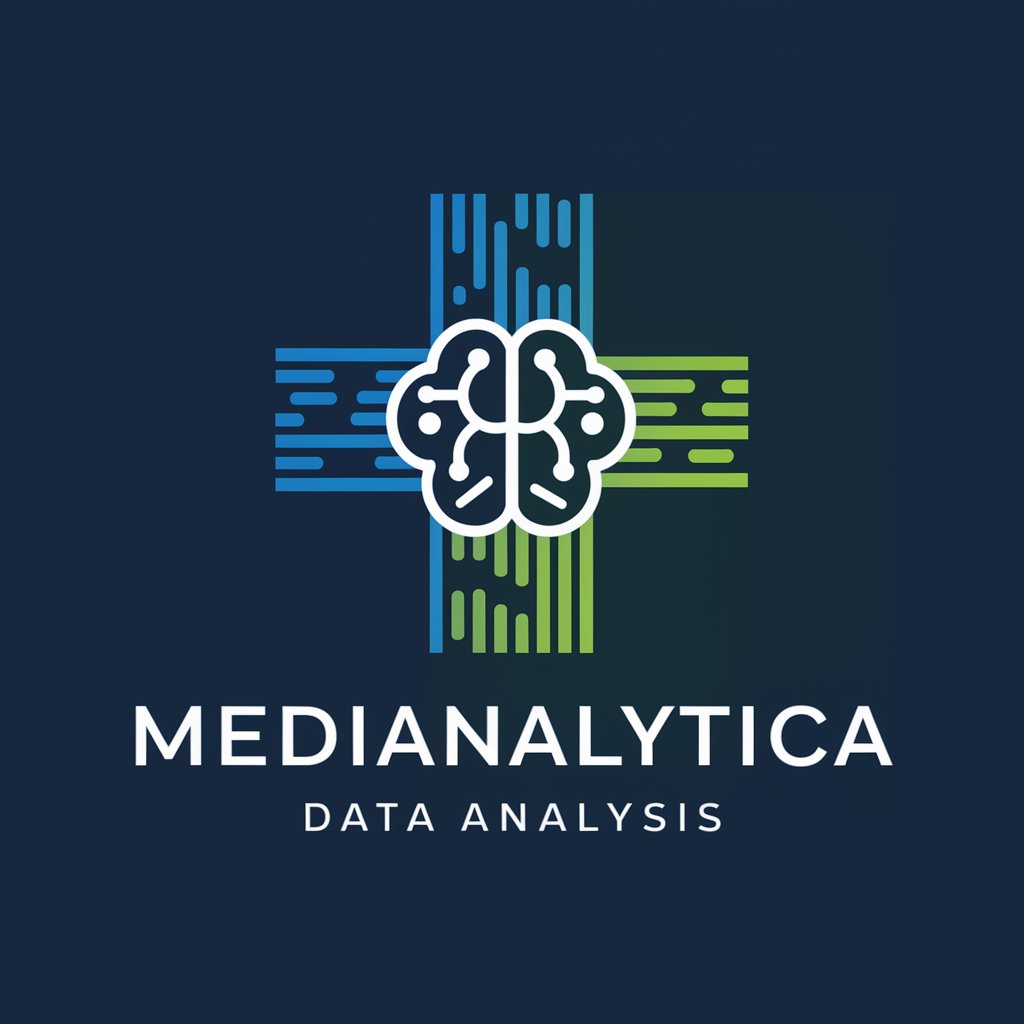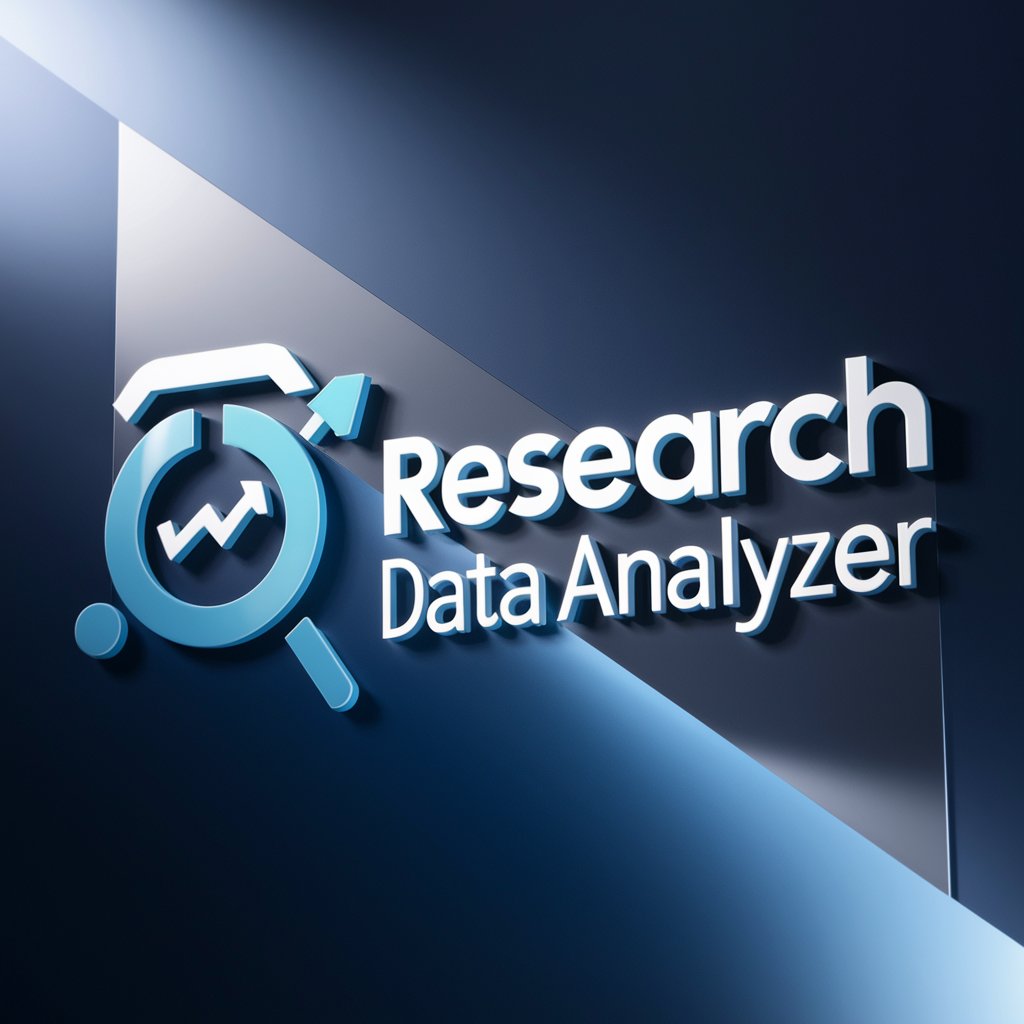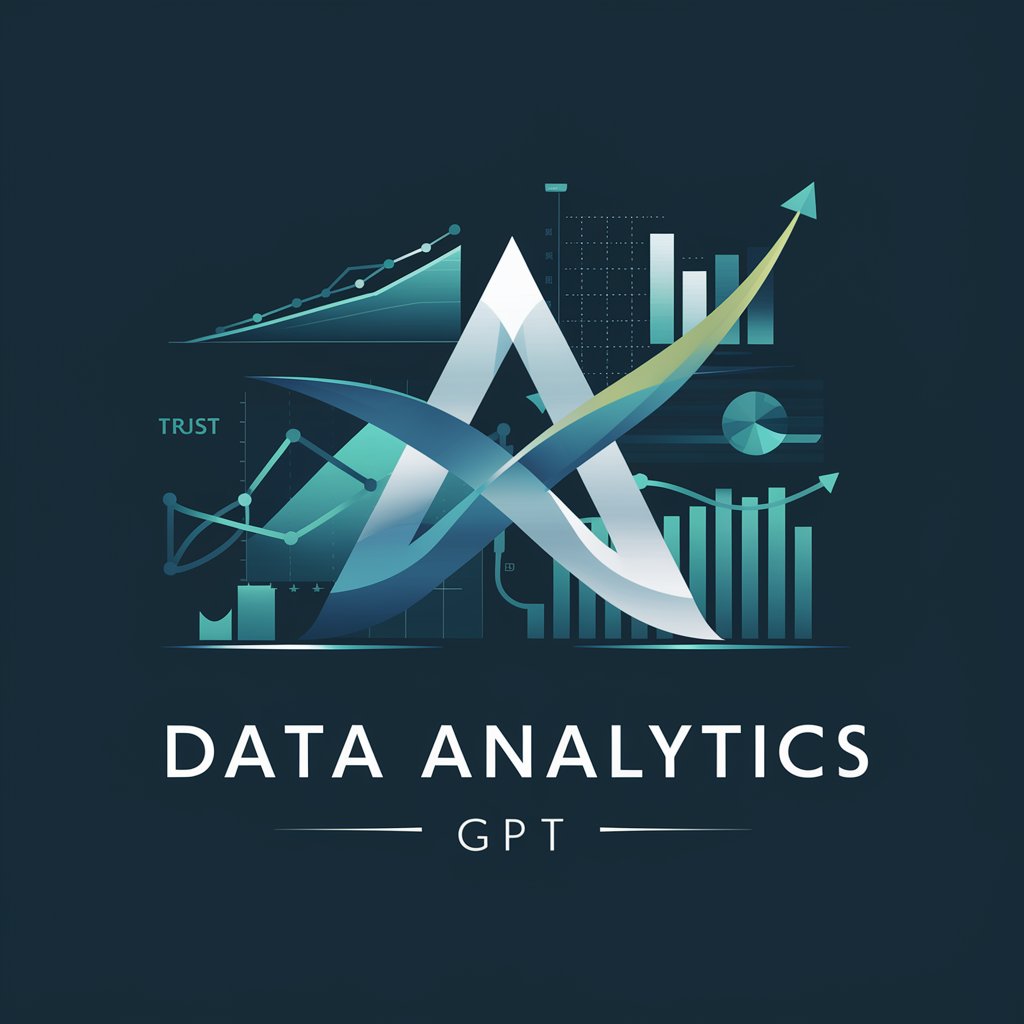
Scientific Research and Analytics - Scientific Insights and Analytics
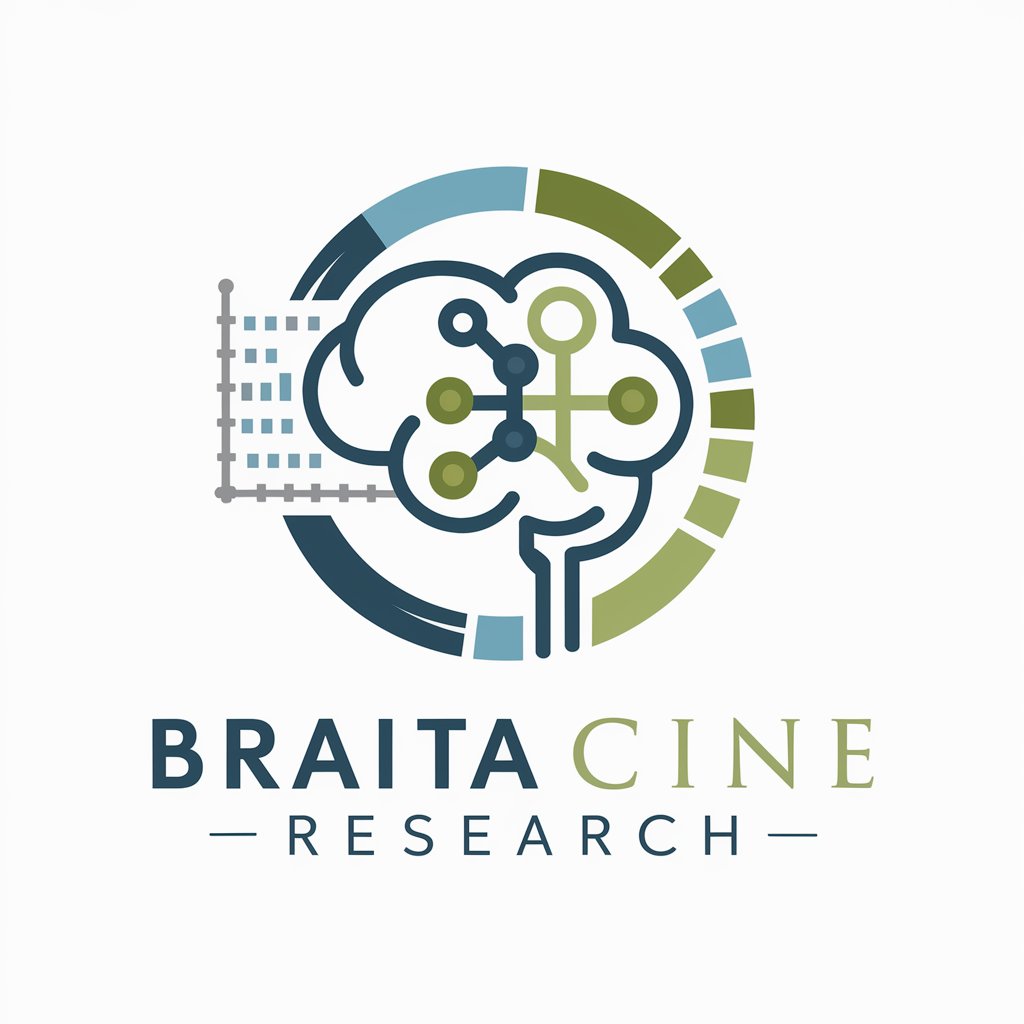
Welcome! Let's dive into the latest health and wellness research.
Empowering research with AI-driven insights.
Research the latest scientific studies on...
Analyze the audience's health concerns related to...
Identify common pain points for individuals dealing with...
Find peer-reviewed articles that address...
Get Embed Code
Understanding Scientific Research and Analytics
Scientific Research and Analytics is a specialized GPT model designed to support and enhance the research process in the fields of health and wellness. Its primary purpose is to sift through a vast array of scientific literature, identifying key insights, audience pain points, and the latest findings that are relevant to a specific topic. This model is adept at analyzing scientific studies and articles, extracting pertinent information, and presenting it in an accessible manner for non-specialist audiences. For example, when exploring the impact of diet on mental health, Scientific Research and Analytics can locate peer-reviewed articles, synthesize their findings, and highlight dietary patterns that may affect mental well-being, offering a comprehensive overview of the topic. Powered by ChatGPT-4o。

Core Functions of Scientific Research and Analytics
Literature Review and Synthesis
Example
Identifying and synthesizing research on the effects of meditation on stress reduction.
Scenario
A wellness coach seeking evidence-based practices for stress management might use this function to gather and understand the latest research on meditation and its benefits, enabling them to recommend practices backed by science.
Identification of Audience Pain Points
Example
Discovering common challenges faced by individuals with sleep disorders.
Scenario
A health blogger focusing on sleep health could leverage this function to find out what issues their readers are most concerned with, such as difficulty falling asleep or staying asleep, and tailor their content to address these challenges.
Analysis of Pain Point Resolutions
Example
Evaluating various dietary interventions for managing symptoms of IBS.
Scenario
Nutritionists or dietitians could use this function to investigate the effectiveness of different diets in alleviating IBS symptoms, thus providing their clients with informed dietary recommendations.
Formulating Accessible Recommendations
Example
Translating complex research findings on the benefits of physical activity for heart health into practical advice.
Scenario
Fitness trainers could use this information to educate their clients on how different types of exercise can support cardiovascular health, making it easier for clients to understand and apply research findings to their routines.
Who Benefits from Scientific Research and Analytics?
Healthcare Professionals
Doctors, nurses, and therapists who require up-to-date, evidence-based information to make informed treatment decisions, enhance patient care, and stay abreast of the latest research findings in their respective fields.
Wellness Content Creators
Bloggers, authors, and influencers focusing on health and wellness topics who need to ensure their content is rooted in scientific evidence, addressing common audience concerns and providing reliable, actionable advice.
Academic Researchers and Students
Individuals engaged in academic studies or conducting research in health-related fields who require comprehensive reviews of literature, analysis of specific health issues, and synthesis of research findings for their projects or papers.
Health Advocacy Groups
Organizations that aim to raise awareness about health issues and promote public health initiatives. They benefit from accurate, research-based information to design effective campaigns and educational materials.

How to Utilize Scientific Research and Analytics
Start Free Trial
Access yeschat.ai to begin your free trial instantly without the need for signing up or subscribing to ChatGPT Plus.
Define Your Topic
Specify your health and wellness topic of interest to tailor the research and analytics process to your needs.
Explore Pain Points
Utilize the tool to identify common audience pain points and questions related to your topic for targeted insights.
Analyze Solutions
Investigate various scientifically-backed solutions and practices that address the identified pain points and questions.
Implement Insights
Apply the insights and recommendations provided to enhance your research, project, or content strategy effectively.
Try other advanced and practical GPTs
Assistente Finanziario (by G.Saro)
Empowering financial decisions with AI

Job Finder Bot
AI-Powered Job Matching

Matt Iklodi AI Content Marketing Genius
Elevate Your Brand with AI-Powered Content Marketing
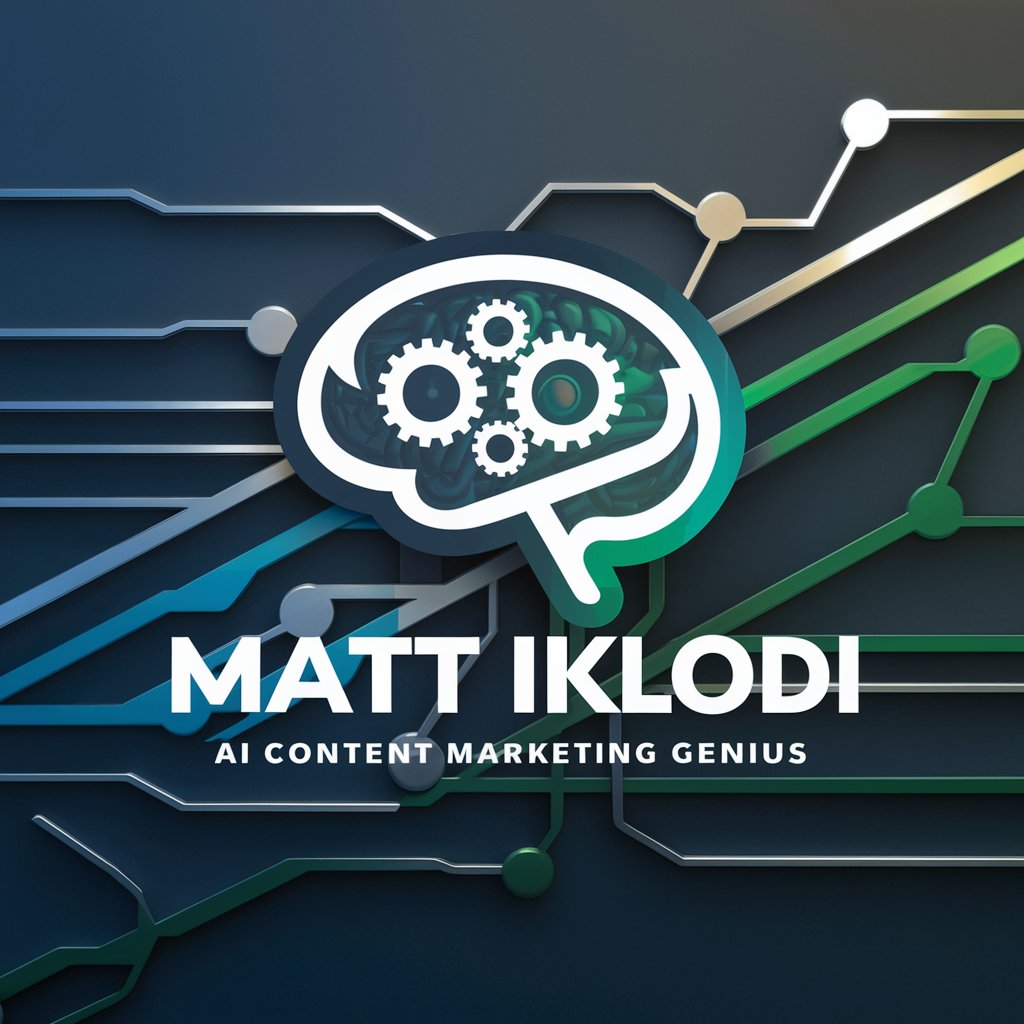
Simplicity Bot (Test)
Simplify complexity with AI-powered introspection.

G Ads Expert
Streamline Your Ads with AI-Powered Precision

Baby Star Assistant
Empowering BabyStar with AI Expertise

VAE Mentor
Empowering Your Academic Journey with AI

Matthew Davis Digital Learning Specialist
Elevating Digital Learning with AI
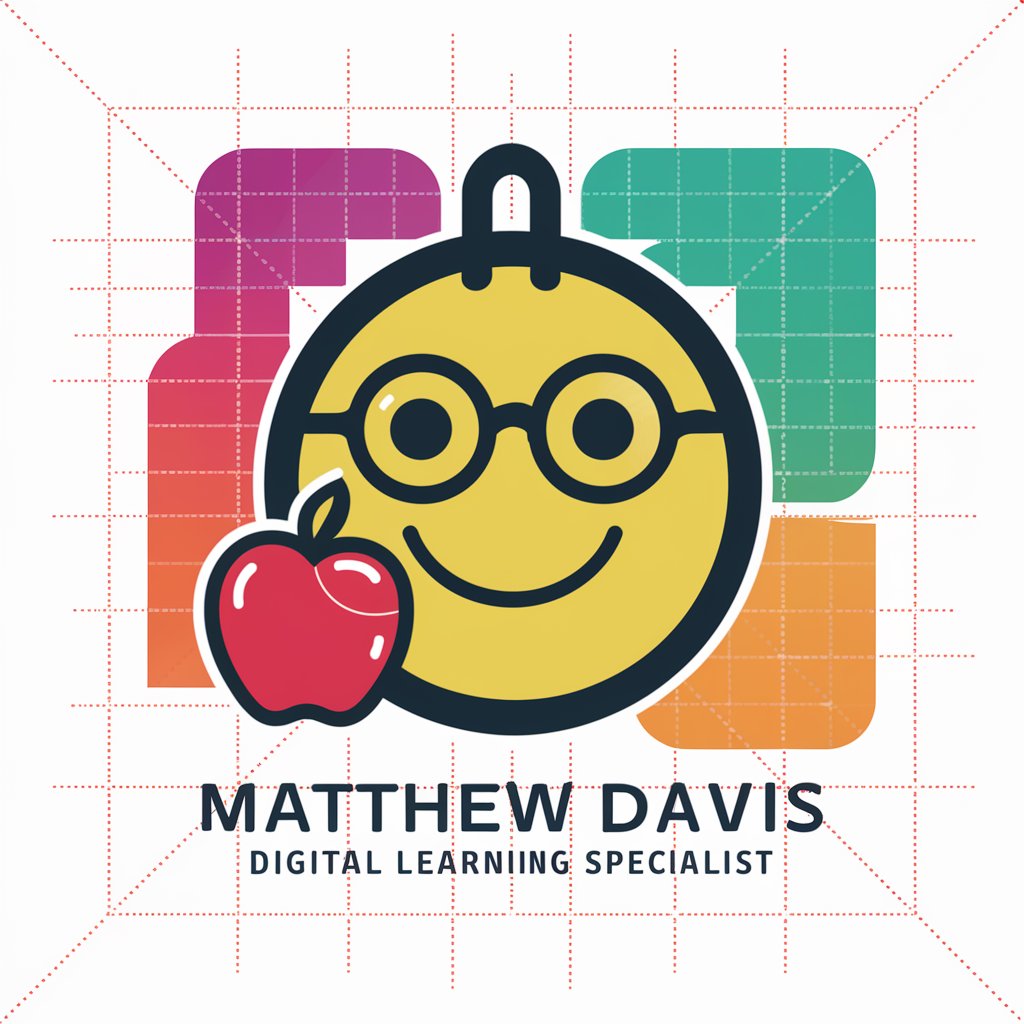
Continual Learning Expert
Evolving insights with AI precision
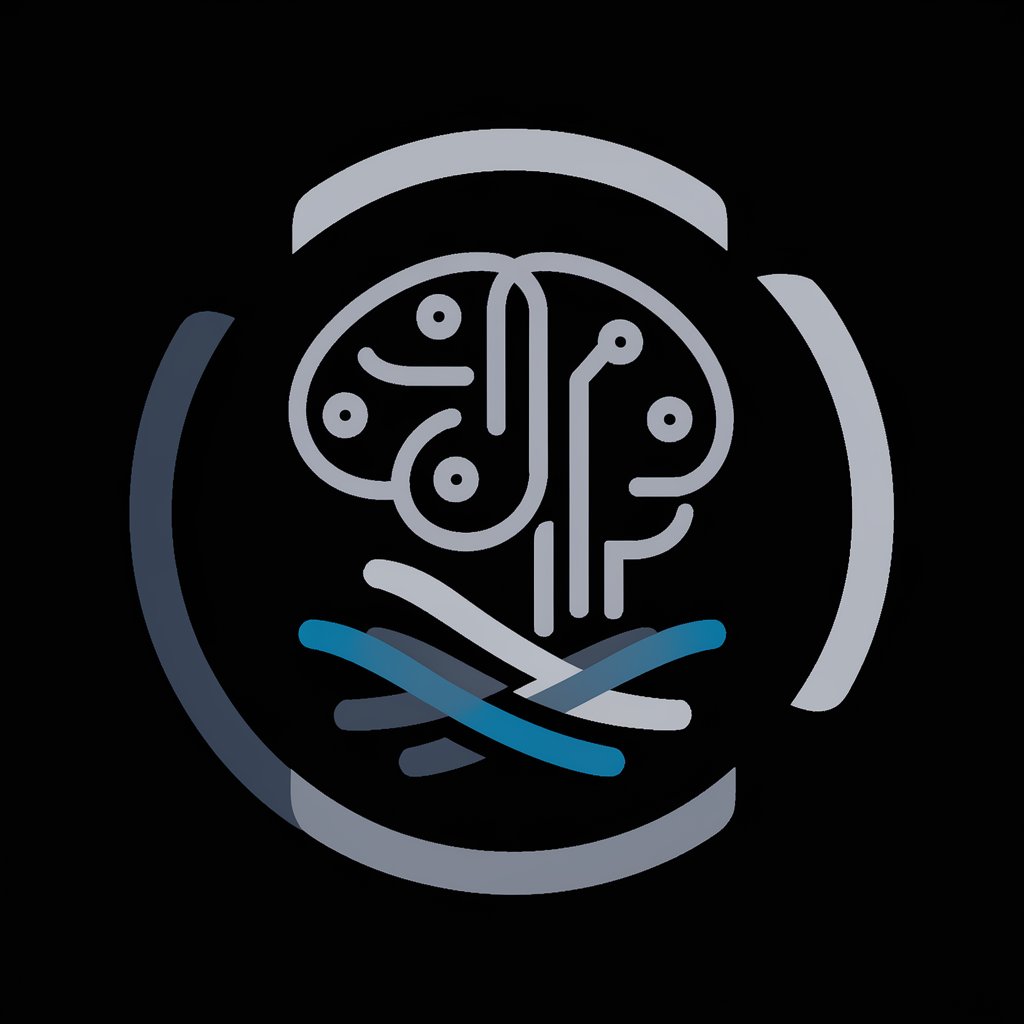
Learning English
Empower your English with AI
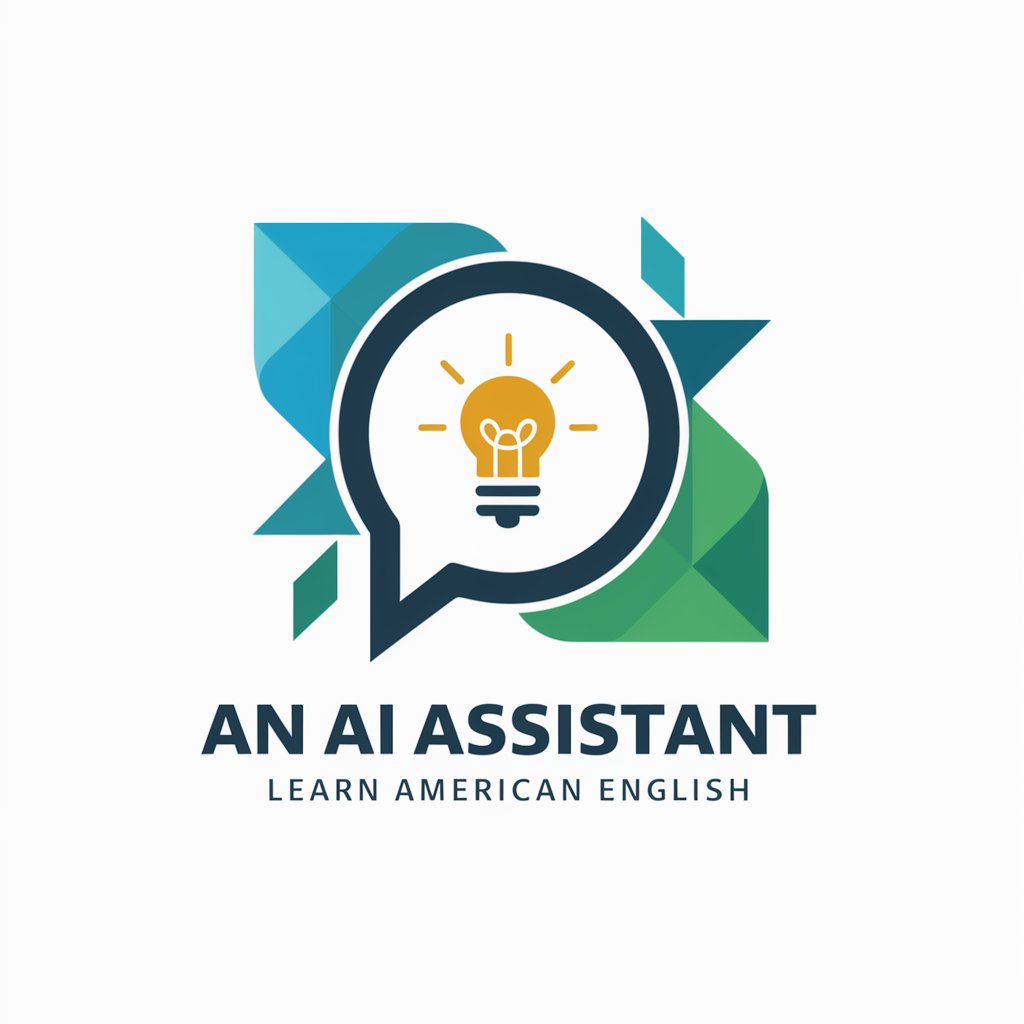
Emotional Social Learning Agile Advisor
Empower Your Leadership with AI
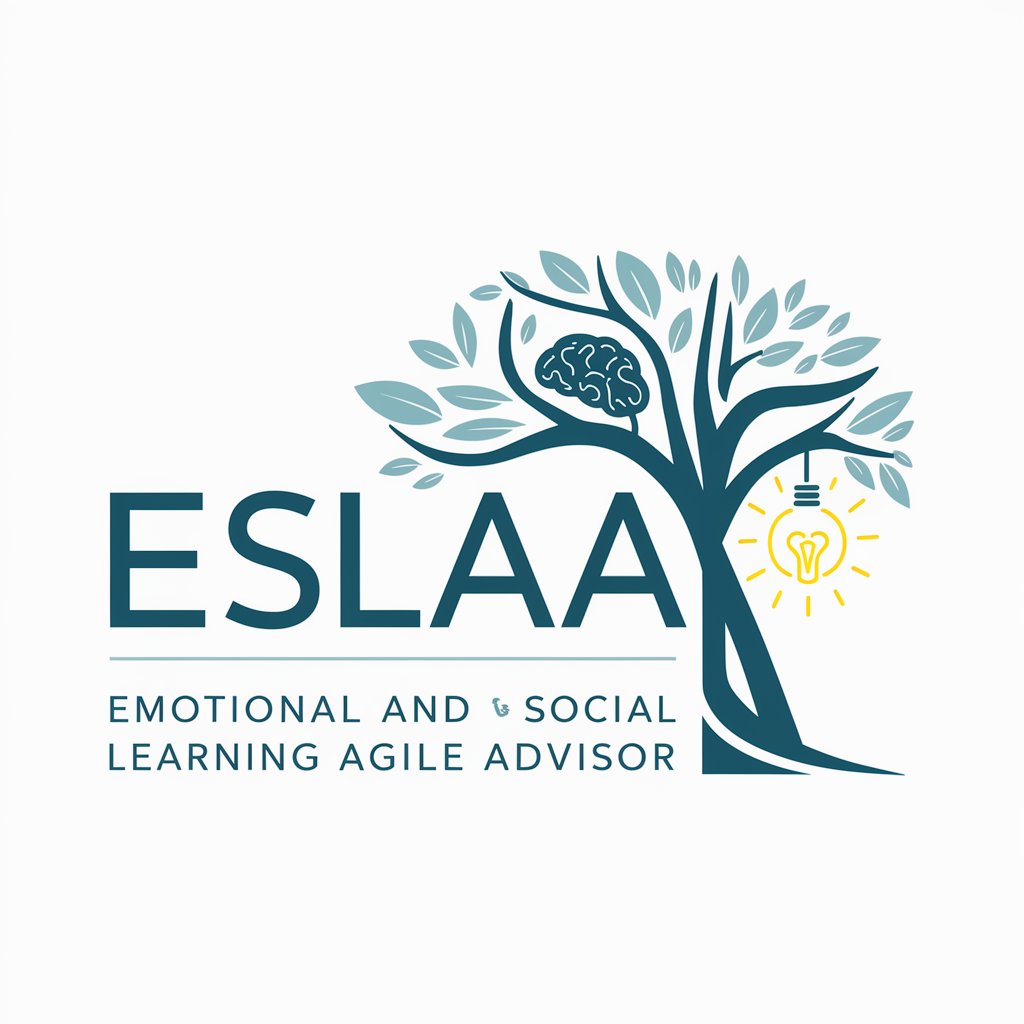
Marketing Mentor Machine
AI-Powered Marketing Insights at Your Fingertips
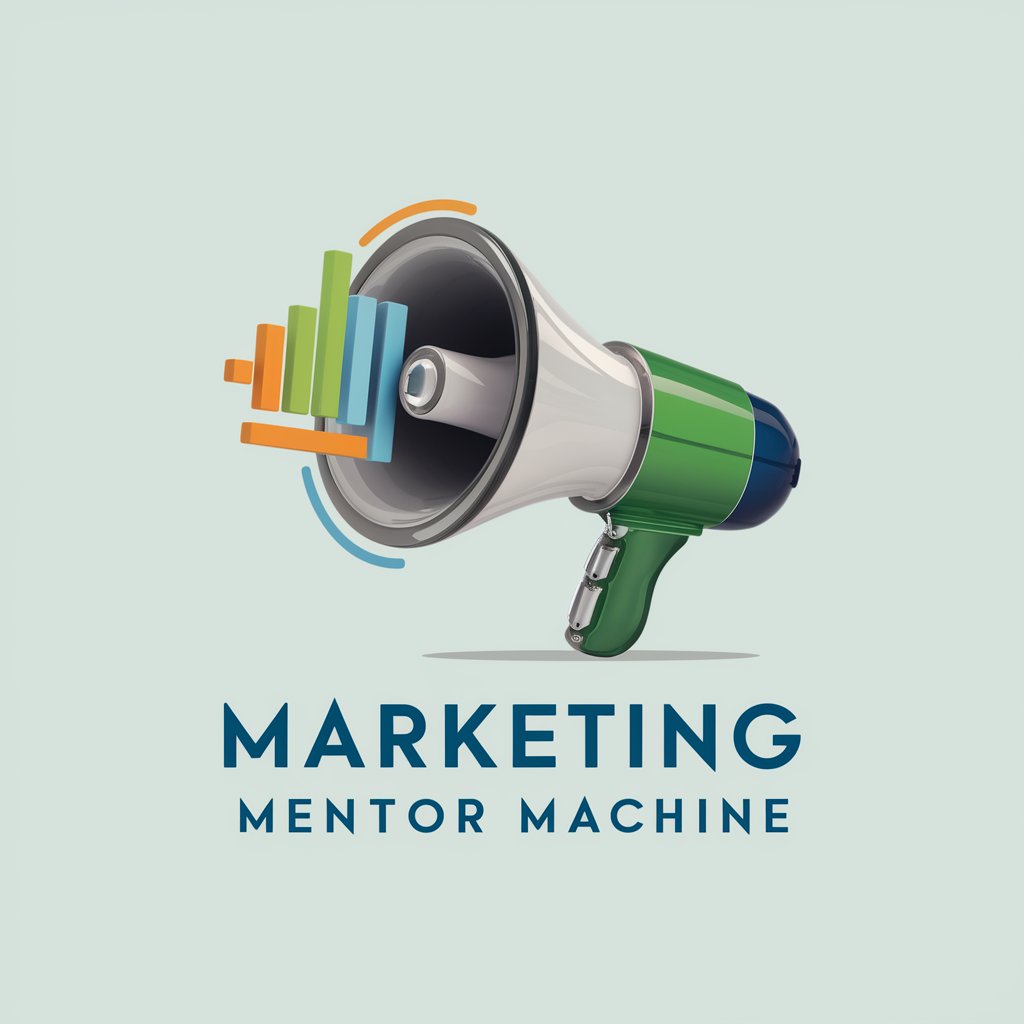
Frequently Asked Questions about Scientific Research and Analytics
What is Scientific Research and Analytics?
It's a specialized AI tool designed to gather, analyze, and provide insights on scientific studies and articles related to health and wellness, tailored to address specific audience pain points and questions.
Who can benefit from using Scientific Research and Analytics?
Researchers, healthcare professionals, content creators, and educators in the health and wellness sector seeking evidence-based insights and solutions for their audience.
How does Scientific Research and Analytics identify audience pain points?
The tool analyzes up-to-date, peer-reviewed research and studies to extract key insights relevant to the audience's concerns, identifying common and emerging health issues.
Can Scientific Research and Analytics suggest solutions to identified pain points?
Yes, it evaluates the effectiveness and applicability of various resolution strategies, offering actionable recommendations based on scientific evidence.
How can I optimize my experience with Scientific Research and Analytics?
Clearly define your topic of interest, regularly explore new insights generated by the tool, and apply the recommendations in a way that's accessible to your intended audience for maximum impact.

